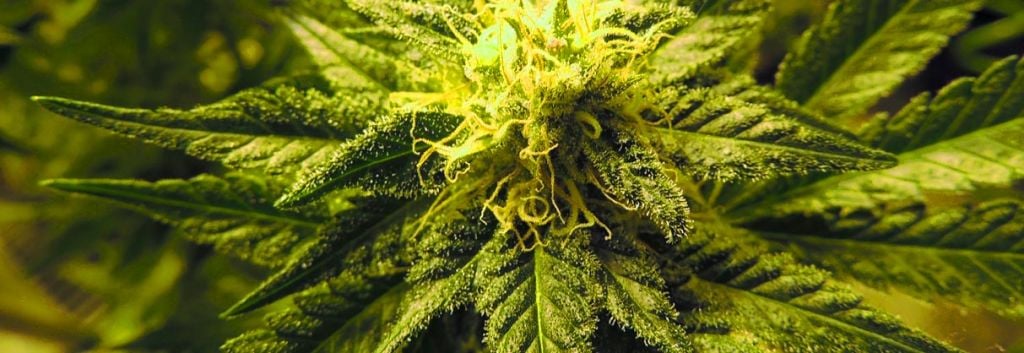Newsletter Signup - Under Article / In Page
"*" indicates required fields
Cambridge based GW Pharmaceuticals has now been granted Orphan Drug Designation from FDA for Cannabidiol drug to treat a 3rd rare genetic form of epilepsy.
 GW Pharmaceuticals has been granted Orphan Drug Designation for cannabidiol (CBD) for the treatment of Tuberous Sclerosis Complex (TSC). Epidiolex is a liquid formulation of pure plant-derived CBD, which is in development for the treatment of a number of rare pediatric epilepsy disorders.
GW Pharmaceuticals has been granted Orphan Drug Designation for cannabidiol (CBD) for the treatment of Tuberous Sclerosis Complex (TSC). Epidiolex is a liquid formulation of pure plant-derived CBD, which is in development for the treatment of a number of rare pediatric epilepsy disorders.
GW Pharma recently began a phase III trial with 200 patients with TSC, and will last for 16 weeks. If the results are positive, this new Orphan Drug Designation could really speed the market authorization in the US.

TSC is a rare genetic disorder, the most common symptom of which is epilepsy. Epilepsy occurs in around 80-90% of TSC patients and is a significant cause of morbidity and mortality.
It causes non-malignant tumors to form in many different organs, primarily in the brain, eyes, heart, kidney, skin and lungs. However, epilepsy is the most common presenting symptom in TSC. Up to 80 to 90% of individuals with TSC will develop epilepsy during their lifetime, with onset typically in childhood.
TSC is the third orphan indication that GW is targeting within its Epidiolex (CBD) clinical development program, which includes four phase III pivotal trials in Dravet syndrome and Lennox-Gastaut syndrome, both rare and catastrophic forms of childhood-onset epilepsy.

Just last month we wrote about the phase III trial launch of Epidiolex for Dravet syndrome – and how the perception of cannabidiol therapeutics is changing both in the industry and in society.
GW Pharma recently began a phase III trial with 200 patients with TSC, and will last for 16 weeks. If the results are positive, this new Orphan Drug Designation could really speed the market authorisation in the US.
Given this is the 3rd nod-of-approval GW pharmaceuticals has been given by the FDA, it feels like the acceptance of Cannabidiol as a therapy for Epilepsy disorders is finally becoming normal.






